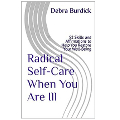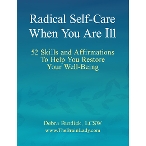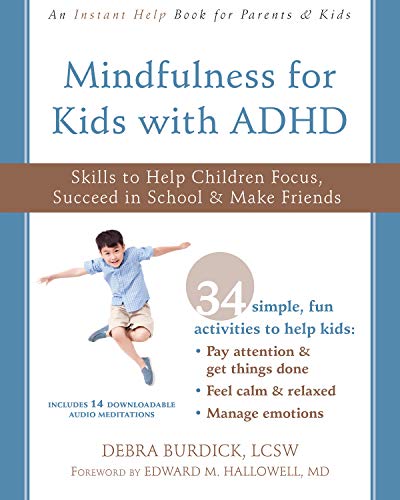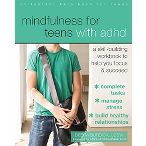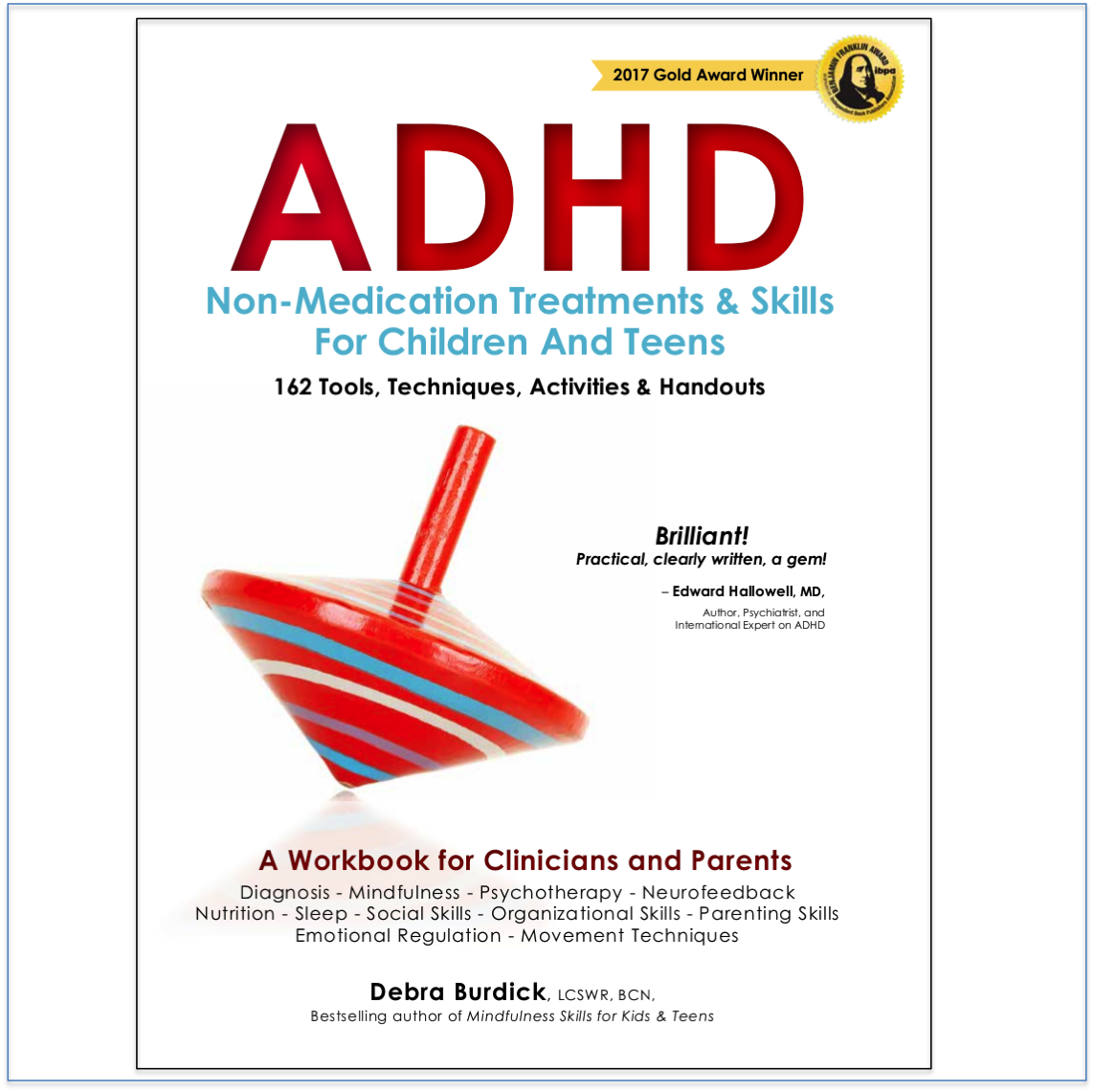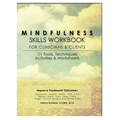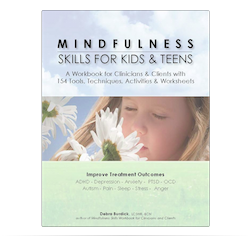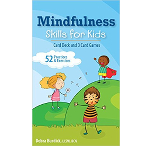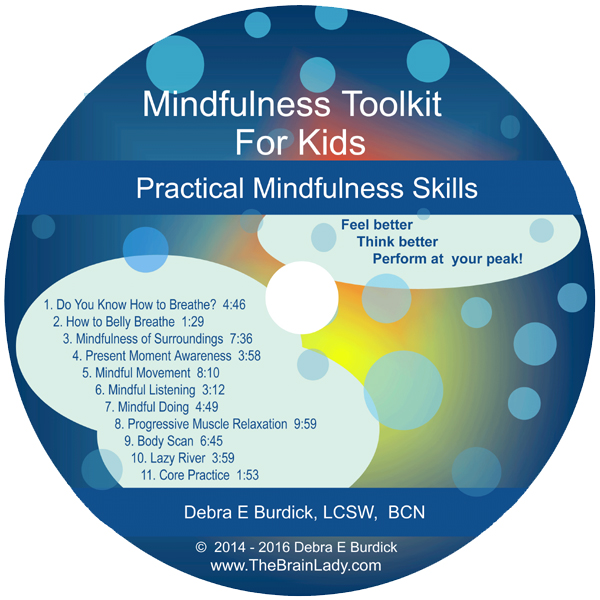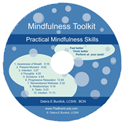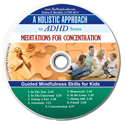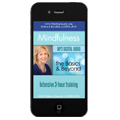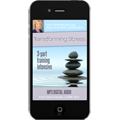Stress
Did you know that 75-90% of all visits to primary care physicians are due to stress-related illness? We’ve all heard about stress: what causes it, what it does to us. But have you really thought about the stressors in your life? And have you developed healthy habits for managing stress?
 Read on for a brief background about how stress affects our brain and body and then some practical options for de-stressing and managing the stress that is part of most everyone’s life. I remember being 9 years old and hearing Norman Vincent Peale state that’ the only people who don’t have problems (stress) are those lying in the cemetery’. Stress is an inherent part of life.
Read on for a brief background about how stress affects our brain and body and then some practical options for de-stressing and managing the stress that is part of most everyone’s life. I remember being 9 years old and hearing Norman Vincent Peale state that’ the only people who don’t have problems (stress) are those lying in the cemetery’. Stress is an inherent part of life.
Our nervous systems are designed to keep us safe and alive. In cave men days, we might encounter a wild animal who was one of our predators. We are designed to ‘fight’ or ‘flee’ when a predator threatens us. In other words, our brains release neurochemicals that make us fast (so we can run away from the predator – flee) and strong (so we can fight and kill our predator). This puts us in ‘survival mode’. This surge of ‘stress hormones’ as we now refer to them is supposed to be instantaneous, and then go away quickly as the need disappears.
Think of that adrenal rush you feel when you almost have a car accident. You don’t need to think about releasing the adrenal, it happens automatically when you feel threatened by an oncoming car. It makes you more alert and speeds up your response time so you can safely avoid the accident. And then, it goes away very quickly after the incident and you relax.
In our society we rarely encounter actual predators that threaten our lives. Instead we face chronic ‘stressors’ that trigger the same ‘fight or flight’ response that a predator would trigger. And instead of going away quickly, the stress hormones remain high in our systems almost continuously. These same stress hormones that work so well to help us survive in a dangerous situation then become a threat to our health when they remain chronically high.
Stress hormones are released when: you feel pressured by time, always in a hurry with too much to do; you have arguments with your spouse, kids or your boss; you don’t have enough money; you worry about your health; you are exposed to toxins in your food and environment; you get frustrated dealing with bureaucracy; you lay in bed at night (when you should be relaxed) with your thoughts racing about all the things you need to get done. Phew! It’s stressful just to think about all these things.
ACTION
How to counter these ever present sources of stress in your life
You need to realize how important managing your stress is to your health and make it a priority. Remember being chronically stressed is deadly!
Identify the sources of stress in your life. Look at the chronic stresses in particular that never get resolved or that recur regularly.
Look for ways to change the stressful situations. For example, if your job is very stressful, make changes that ease the stress, and talk to your boss about options for change. If this doesn’t work, start looking for a less stressful job situation. Your life depends on it.
Understand how you respond to stress and to learn to manage your response. Do you feel overwhelmed, angry, frustrated, worried, or hopeless? Different people will respond differently to the same stressor. Some people become very angry at seemingly minor things while others never seem to get upset. Remember the title of Richard Carlson’s book Don’t Sweat the Small Stuff. And It’s All Small Stuff.
Pay attention to your thoughts. If you worry constantly, you will be in a constant survival mode. Worry and anger release stress hormones. Learn to manage your thoughts. Replace worry or negative thinking with calm, positive thoughts.
Learn and practice daily meditation. This calms the mind and the body and will help to lower the level of stress hormones in your body. Many meditations focus on the breath. By regulating your breathing you indirectly regulate your stress hormones. It works! Here’s a great resource to get you started. Mindfulness Toolkit CD
Exercise regularly. Find an exercise that you enjoy and fit it in every day. While you are exercising, watch your thoughts. If you spend the whole time feeling angry about something and running it over and over in your mind, you will negate some of the benefits of the exercise. Exercise can help you lower the background level of the stress hormones.
Talk to someone about how you are feeling. Don’t try to do it all alone. When you share your feelings with someone else you will feel better. And they may have some excellent suggestions for helping you de-stress.
Nurture yourself. Get a good night’s sleep. Get a massage. Relax in a warm bath or hot tub. Read a good book. Watch a favorite movie. Listen to some upbeat or relaxing music. Go out to dinner with some friends. Play a game with your kids. Sing
 Get some help. Design your life so you are doing only those things that only you can do. For example, if you are in business, focus on serving your clients and attracting more clients and nothing else. Get an assistant to answer the phone, manage your emails, do the bookkeeping, etc. At home, get some cleaning help, use Stop and Shop Peapod to have your groceries delivered to your home, and hire someone to mow your lawn. You get the idea. Watch a good comedian. Get outside and let nature rejuvenate you
Get some help. Design your life so you are doing only those things that only you can do. For example, if you are in business, focus on serving your clients and attracting more clients and nothing else. Get an assistant to answer the phone, manage your emails, do the bookkeeping, etc. At home, get some cleaning help, use Stop and Shop Peapod to have your groceries delivered to your home, and hire someone to mow your lawn. You get the idea. Watch a good comedian. Get outside and let nature rejuvenate you
Eat a healthy diet on a regular schedule. Don’t skip meals. Make sure you are getting all the nutrients your body needs to handle stress. Eat organic foods whenever possible to reduce your toxic load. Eat only the calories that you will use up daily.
Make an appointment with a psychotherapist. A therapist will help you understand yourself better and help you explore options for changing the stressful situation and how you respond to stress. They will help you manage your thoughts and feelings.
Seek pain relief. Experiencing chronic pain is very stressful and puts the body in survival mode. If necessary get professional help for pain management. Toughing it out may be more harmful than you think.
Do some Neurofeedback Training. Neurofeedback is a form of biofeedback on brainwaves that teaches your brain to regulate itself better. It is effective for depression, anxiety, sleep disorders, and much more. It is approved by the FDA for stress management.
Caution: The information presented here is for your reference only and should not be used to diagnose or treat any condition. It is not intended to substitute for the advice of you or your child’s medical doctor or mental health professional.
PLEASE NOTE: As of December 31, 2014 Deb has retired from her private practice and is no longer accepting new clients so that she can concentrate on writing and teaching. The above is for historical/informational purposes only.

